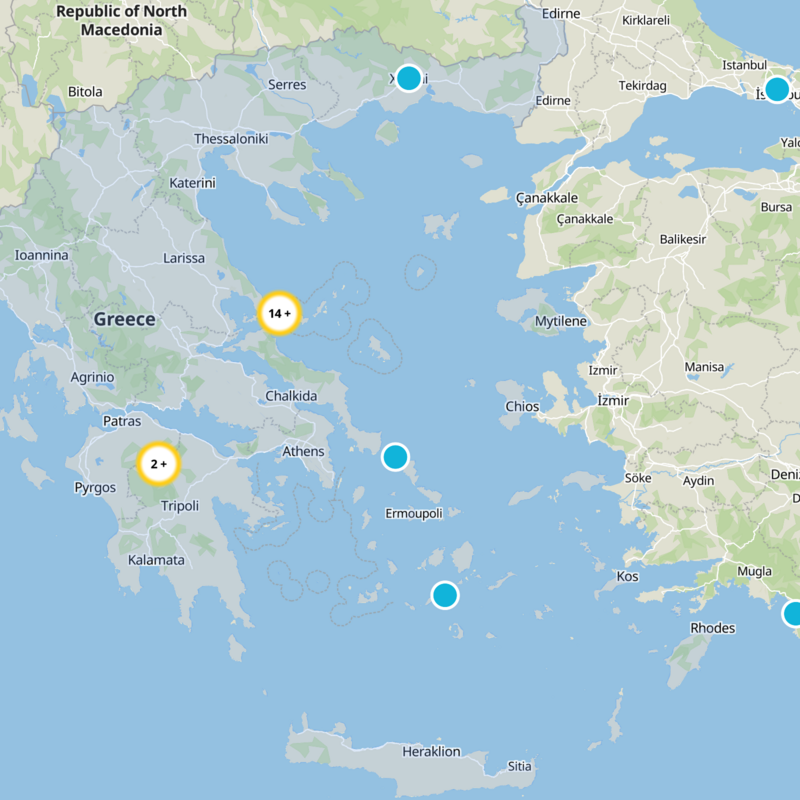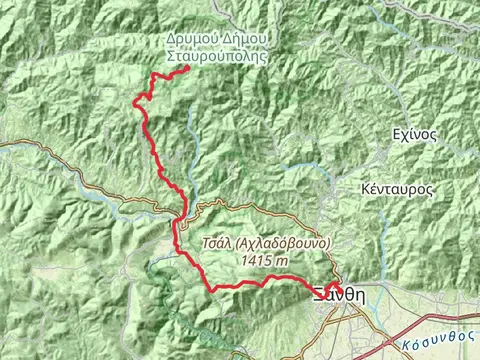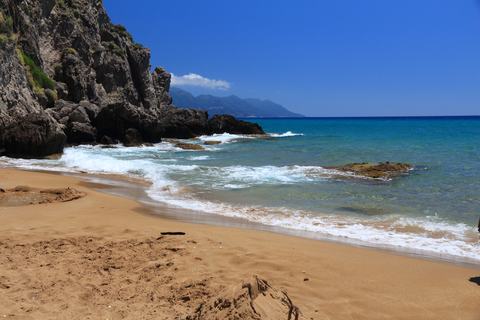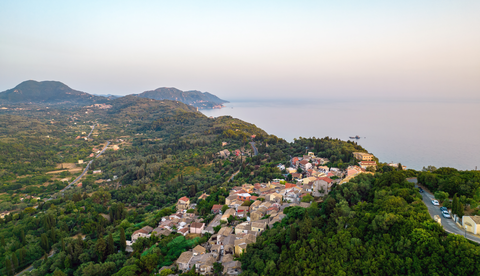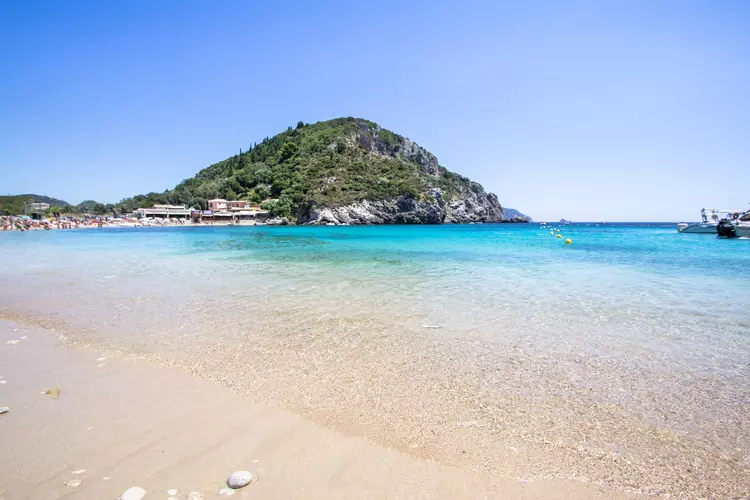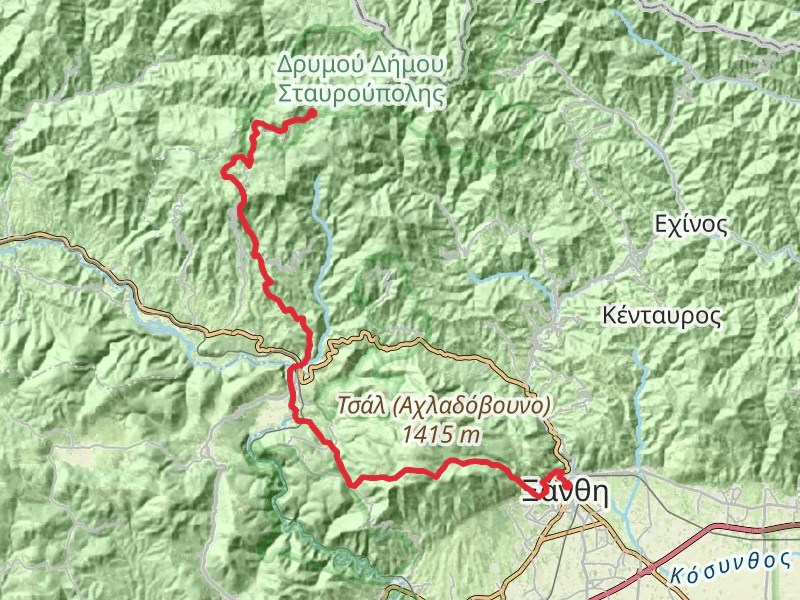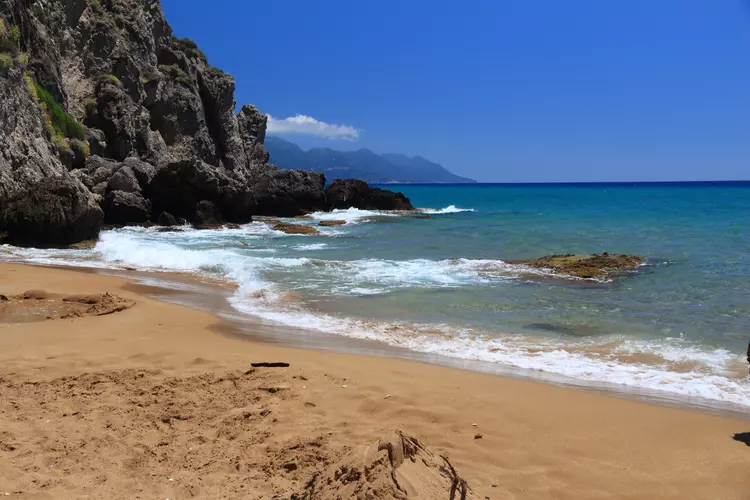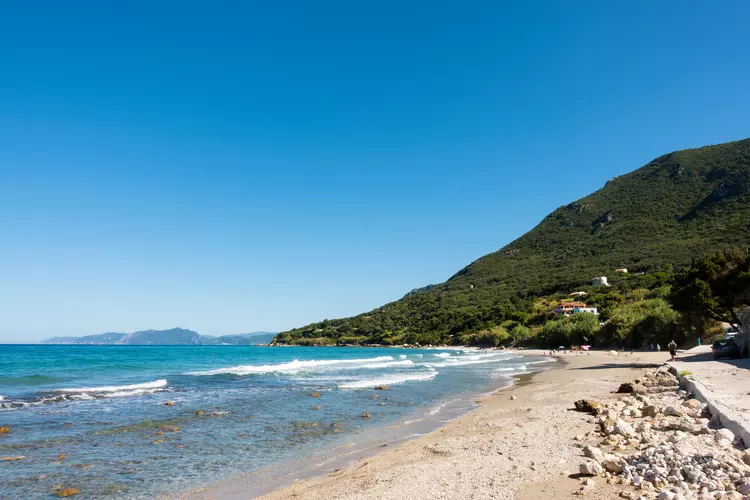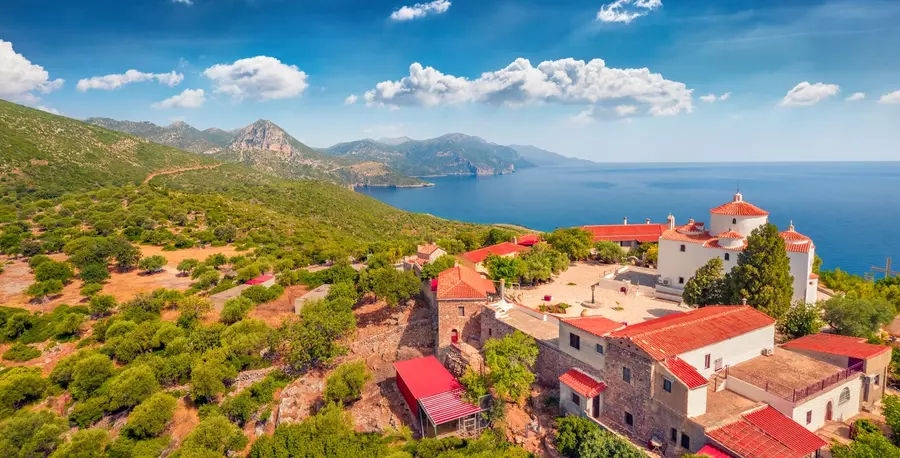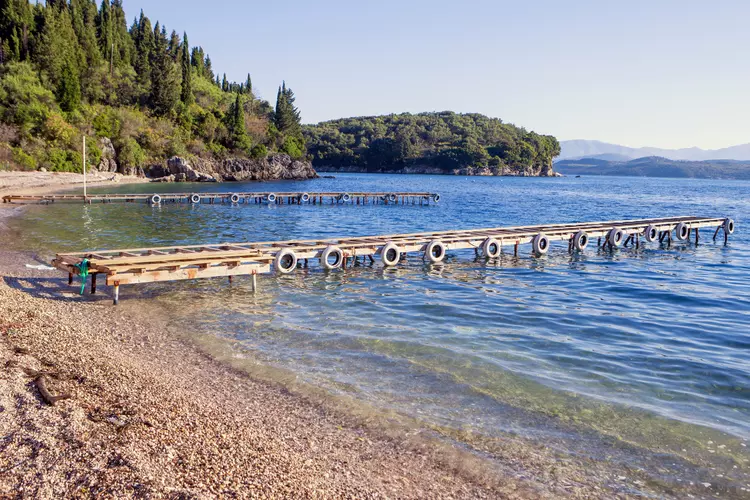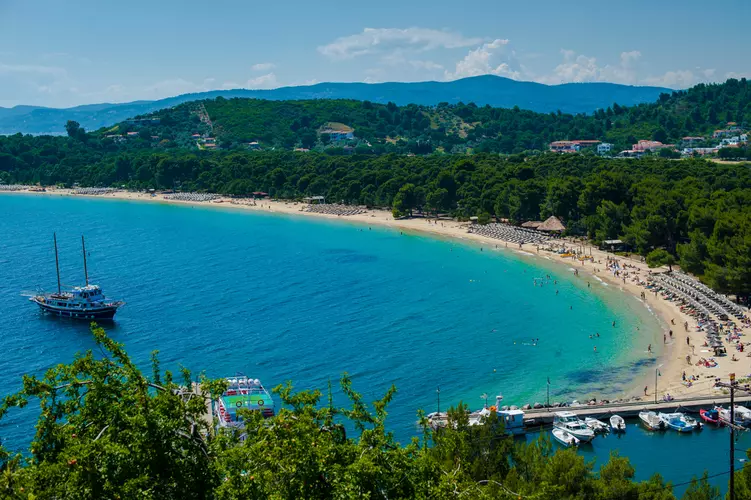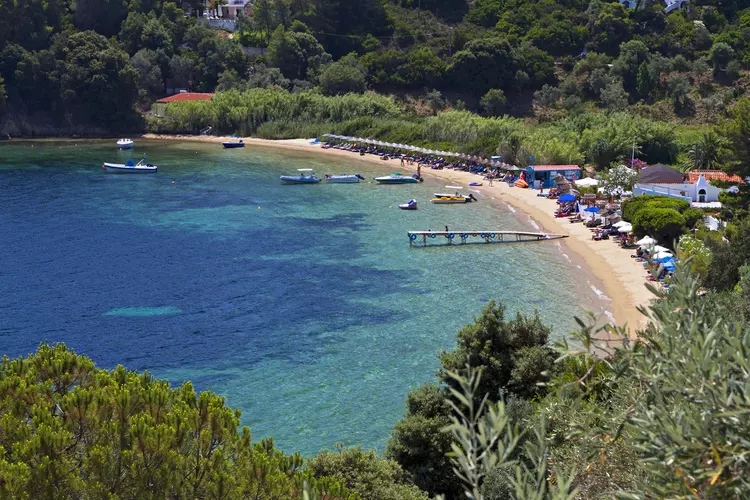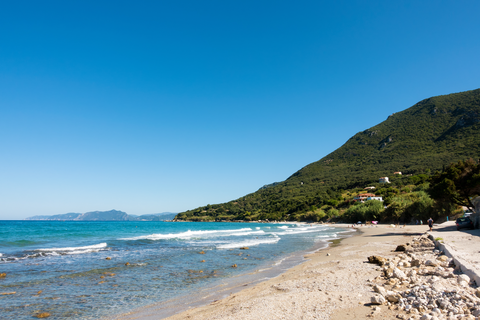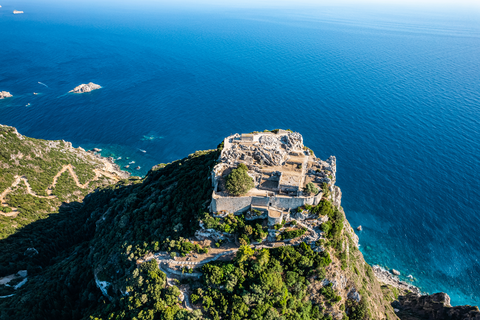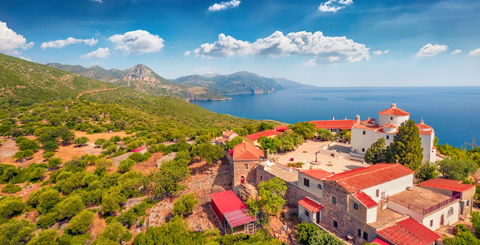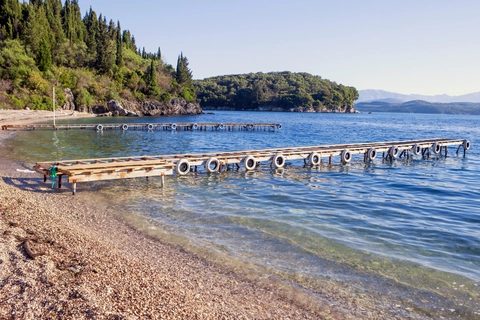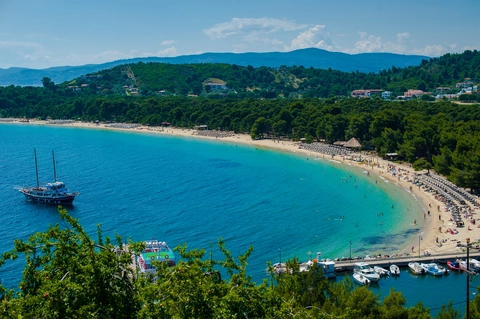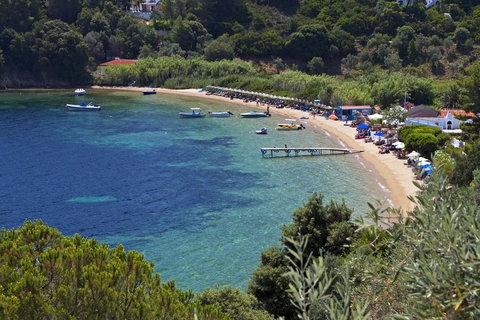"Discover Greece's timeless allure through its stunning landscapes, vibrant wildflowers, and mythic echoes."
Embark on a journey through Greece's breathtaking landscapes, where ancient history and natural beauty intertwine. Hike the legendary trails of Mount Olympus, home of the gods, or explore the dramatic gorges of Crete's Samaria Gorge. Wander through olive groves and vineyards on the Peloponnese, or discover the serene beauty of the Zagori villages. Each path offers a unique tapestry of vibrant wildflowers, stunning vistas, and echoes of mythic tales, inviting you to explore Greece's timeless allure.
Most popular hikes
FAQs about hiking in Greece






